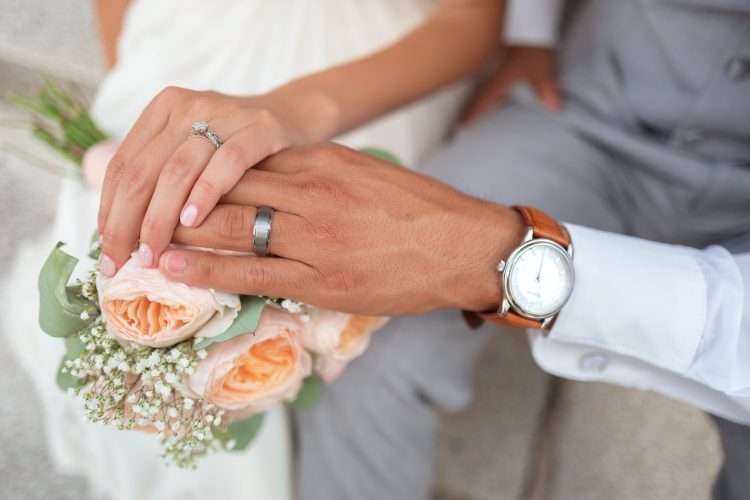Changing Your Name After Marriage

The topic of Changing Your Name After Marriage provides English learners with a compelling conversation topic that promotes language development and cultural understanding. Engaging in discussions about the reasons behind name changes, cultural practices, and societal expectations allows learners to practice expressing opinions, sharing personal experiences, and exploring diverse perspectives. This topic also encourages the use of vocabulary related to personal identity, traditions, and relationships. By discussing Changing Your Name After Marriage, English learners can enhance their communication skills, broaden their cultural knowledge, and gain a deeper understanding of social customs.
About Changing Your Name After Marriage
Changing your name after marriage is a significant decision that many individuals face. Traditionally, it has been common for women to adopt their spouse’s surname, symbolizing unity and commitment. However, societal norms are evolving, and more couples are exploring alternatives or deciding to retain their birth names. This topic touches upon personal identity, cultural traditions, gender dynamics, and the legal aspects of name changes. Understanding the motivations and considerations behind changing one’s name after marriage is crucial for navigating this complex and personal choice.
Useful Vocabulary
Try and use the following vocabulary when answering the question. Click to look up the definition in the dictionary
Conversation Questions
- Should women stop taking their husband's surname when married?
- Do women take the man’s surname in your country?
- Do you think it is a tradition that shouldn’t continue?
- Have you ever considered changing your name after marriage?
- Why do you think many women now choose to take the man’s surname?
- How do you think changing one's name after marriage impacts personal identity and sense of self?
- What potential problems can you see if women keep their original surname?
- Should changing one's name after marriage be a personal choice or a societal expectation?
- Is it necessary for both partners in a marriage to change their names or just one?
- Does changing one's name after marriage reinforce traditional gender roles and expectations?
- Should individuals who choose not to change their names after marriage be judged or stigmatized?
- Would you be in favour of a law preventing women from taking a man’s surname?

